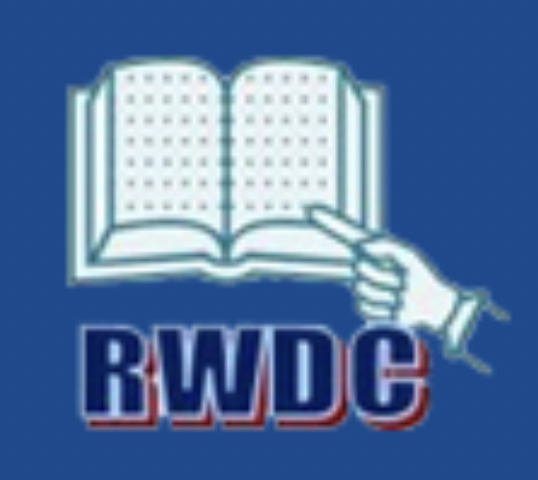Location
Rural Women Development Centre (Gramin Mahila Utthan Kendra) is a well-established NGO with the primary focus on education rights and socio-economic empowerment of marginalized and disadvantaged girls and women. It also aims to minimize various forms of injustice and prejudices by striving for an equal and a just society.
Our society is rich and complex in cultural diversity owing to our geography characterized by many valleys. However, the diverse population also lies at the heart of many tensions in Nepal. Many social groups especially the marginalized indigenous communities continue struggling to realize their basic human rights.
Hence, RWDC has been working continuously with marginalized and excluded communities in challenging traditional beliefs, behaviors, and attitude since 1993. Initially, the organization seeks to address the importance of girls’ education and non-formal education for women. However, there was a huge paradigm shift towards the importance and need for women economic empowerment program after a decade. Therefore, in the year 2003, the organization launched its first ‘Micro- Finance Program’ in order to mitigate poverty along with the sole purpose of economically empowering women.
For the past 24 years, RWDC has been well- known among various communities due to its transparency, good governance and strong participation. Since its very inception, the organization has been diligently working towards gender equality, socio-economic and cultural empowerment along with the adverse effects of climate change.
Vision
“Create a Self-reliant and empowered society”
Mission
To facilitate accessibility and opportunities of education, health, economic development and social security for marginalized and disadvantaged communities especially women and children by promoting governance, risk management and compliance (GRC).
Goal
- Improve the living standard of the destitute and disadvantaged class of women and children by designing various program on education, health and income generation.
- Create awareness and behavioral change among the disadvantaged and backward communities regarding their rights by enhancing their capacities through a series of training.
- Awareness and risk mitigation in response to adverse effects of climate change through skill-building training.
- Improve institutional governance for effective public service delivery by the public institution.

